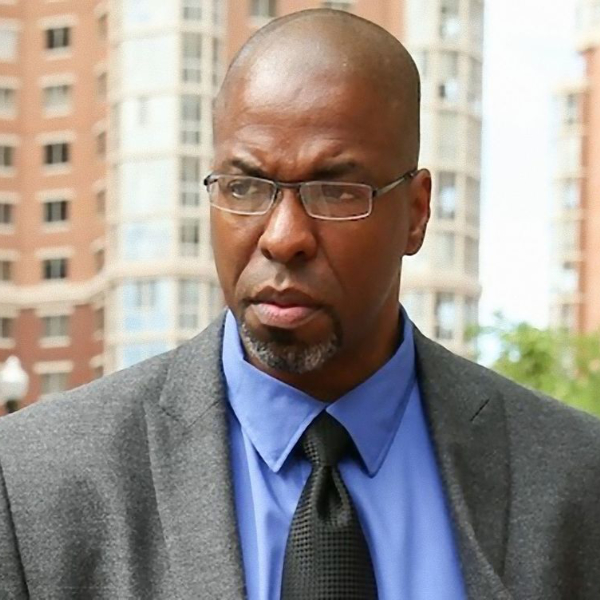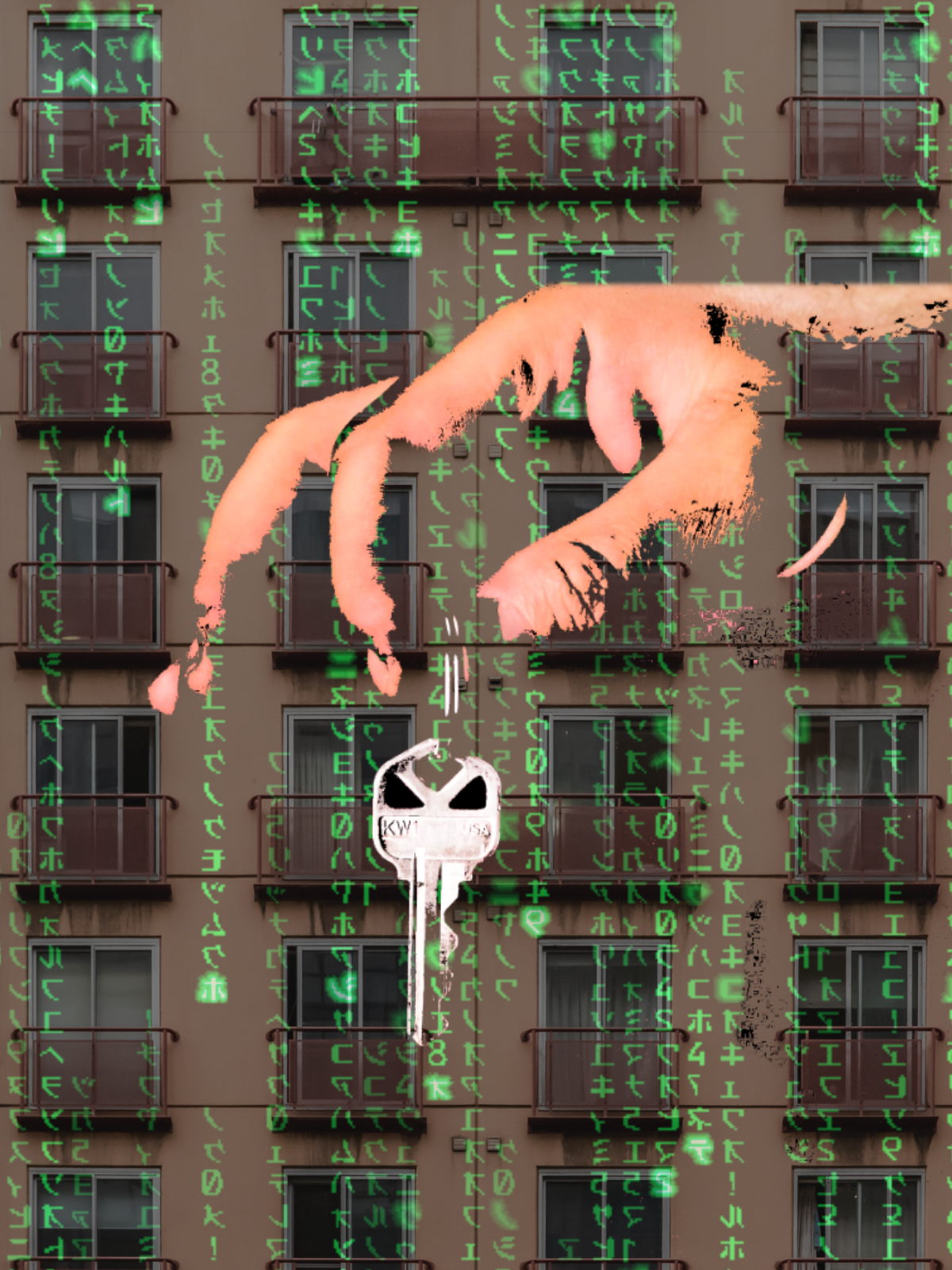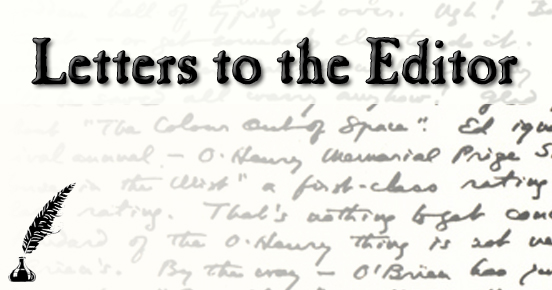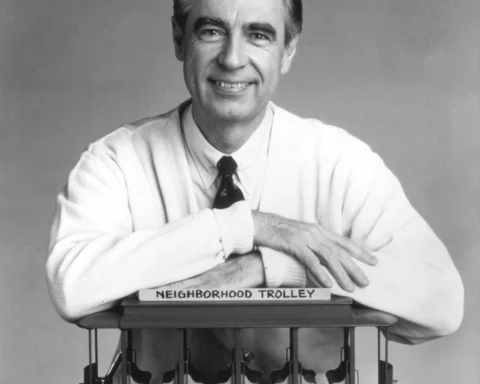by Jeffrey Sterling
This op-ed appeared originally at ExposeFacts, a project of the Institute for Public Accuracy.
That Justice is a blind goddess
Langston Hughes
Is a thing to which we black are wise:
Her bandage hides two festering sores
That once perhaps were eyes.
This summer marked another notch on the weapon that is the Espionage Act, as it continues to be misused by the Department of Justice. Drone whistleblower Daniel Hale was sentenced to spend 45 months in federal prison. Once again, so-called justice in this country will subject a person of truth to the desolate confines of prison, not because of the rule of law and justice, but out of a continuing desire to retaliate against those who dare stand up for truth and accountability in our government.

I know what Daniel must have felt standing there in front of a judge, not knowing what his fate would be. It is an indescribable sense of confusion and disbelief. There is no way to reconcile doing the right thing, telling the truth, and being punished for doing so. The perplexity is only intensified when those you attempted to serve lead the charge in condemning you. I remember not knowing what “punishment” Judge Brinkema would feel was appropriate for my having the nerve to stand up against the CIA, Operation Merlin, and the Espionage Act. For her, 42 months was my damnation. Facing 10 years for each of the nine counts I was wrongly found guilty of, I imagined being put behind bars for the rest of my life. In some ways, I was surprised that she levied “only” 42 months. Along with the shock and injustice of it all, I couldn’t help being struck by the unmistakable absurdity of having been convicted as a danger to the national security of this country and not sentenced to many more years. After all, the prosecution in my case labeled me a threat and a traitor to the very foundation of the nation. The nonsense if not the folly of it all became clear: this had nothing to do with justice, and everything to do with revenge. The same applies to Daniel Hale’s receiving 45 months, certainly less than the nine years the prosecution was aiming for.
One moment behind bars for telling the truth is too much for any whistleblower. The injustice of how the Espionage Act is being used by the federal government is evident in the travesties inflicted upon Reality Winner, John Kiriakou, Terry Albury, and Chelsea Manning, among others. In addition, even though he is not behind bars here in the U.S., Julian Assange is bearing same the heavy weight of being charged under the Espionage Act as the others. What makes the unconscionable persecution whistleblowers face even more unpalatable is how differently we have been treated from those who really have been threats to our national security. Daniel Hale is going to spend 45 months in prison for telling and standing by the truth; the cowards who stormed the Capitol on January 6, 2021, face a different set of rules when it comes to security and justice.
How can a judge reconcile calling someone who threatens the security of democracy anything but a threat?
I have spoken before about how I felt the January 6th terrorists were being treated differently, and have predicted that when it comes time for sentencing, they will discover a leniency from our justice system that is not applied to the brave Americans who have risked everything to take a stand for truth. Sadly, my prediction is coming true. Just a week and a day prior to Hale’s sentencing, Paul Hodgkins became the first of the Jan 6th terrorists to face sentencing. He received a scant eight months behind bars for his involvement with the deadly assault upon the Capitol. Of course, he pleaded guilty to a charge not indicative of the threat to this country that he and that mob represented, a single count of obstructing an official proceeding. In sentencing, Judge Randolph Moss commented, “It’s essential to send a message that this type of conduct is utterly unacceptable, and that grave damage was done to our country that day.… But at the same time, I do not believe that Mr. Hodgkins, other than having made some very bad decisions that day … that he is a threat.” Judge Moss added, “Although Mr. Hodgkins was only one member of a larger mob, he actively and intentionally participated in an event that threatened not only the security of the Capitol but democracy itself…” Hodgkins, regarding his actions, commented that he was “truly remorseful and regretful … the way this country that I love has been hurt …” I find a very disturbing paradox in Moss’s words. How can a judge reconcile calling someone who threatens the security of democracy anything but a threat?
In contrast, eight days later, Judge Liam O’Grady had these words to say during Hale’s sentencing, “You’re not facing prison for speaking out about the drone program injuring and killing innocent persons.… A majority of Americans would have commended you for coming forward.… You could have been a whistleblower and garnered all this attention without leaking any of these documents, frankly.” O’Grady’s comments reflect what I believe is an intentional naiveté regarding the realities for whistleblowers that Eastern District of Virginia judges continue to use as spurious rationalization when it comes to sentencing those who reveal the truth. Hale pointed out the realities through a handwritten, eleven-page letter to Judge O’Grady explaining the trauma he witnessed and experienced as well as his motivation to speak out. One can only speculate as to whether it had any impact on O’Grady and the sentence he handed down.
Truly, there are not many differences between the judicial commentaries made during the sentencings. Both send a message proscribing the actions of Hale and Hodgkins, but there is another message that I do not think either intended. Moss considered Hodgkin’s participation in an event that “threatened … democracy itself” to be a mere “bad decision.” And in not so many words, O’Grady also called Hale’s actions a “bad decision,” while at the same time acknowledging the truth that the U.S. drone attacks were routinely killing innocent civilians. Both judges unequivocally sent the message that truth itself is not important, what matters is how and by whom it is revealed. There is an element of the horrors of U.S. denialism that has come from the trials of Hale and Hodgkins. Hale shed light on an uncomfortable truth, Hodgkins and the Jan 6th terrorists revealed a bearable truth. In other words, if you reveal a truth that is embarrassing to the U.S., the revenge to fall upon you will be terrible. However, if your actions don’t perturb U.S. sensibilities, you will face a different, more lenient form of justice. This is the truth about the lie that is national security apropos justice. Hodgkins and the Jan 6th terrorists posed a direct and real threat to national security. Hale was merely revealing a terrible truth about it.
True, both Hale and Hodgkins will spend time in federal prison, but my question is, with whom behind bars should we feel safer, Hale or Hodgkins? A 45-month sentence for Hale has nothing to do with justice, and everything to do with revenge and retaliation. A mere 8-month sentence for Hodgkins is justice defiled.
Justice cannot exist without truth. That a terrorist received a lesser sentence than a brave soul who revealed the war crimes being committed by his country shows how neither the prosecutions nor the sentences imposed had anything to do with justice. Without truth, justice is not blind, it is mutilated.
Jeffrey Sterling is a former CIA case officer who was at the Agency, including the Iran Task Force, for nearly a decade. He filed an employment discrimination suit against the CIA, but the case was dismissed as a threat to national security. He served two and a half years in prison after being convicted of violating the Espionage Act. No incriminating evidence was produced at trial and Sterling continues to profess his innocence. His memoir, Unwanted Spy: The Persecution of an American Whistleblower, was published in late 2019. This essay, written for the RootsAction Education Fund, was distributed by the ExposeFacts program of the Institute for Public Accuracy.


















You must be logged in to post a comment.